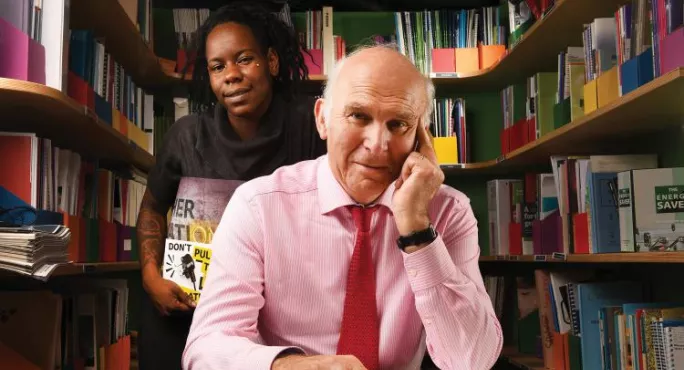Teachers should be qualified both in teaching and their chosen subject, according to a new report due to be published by the National Union of Students (NUS) tomorrow.
The report is split into four sections: assessing what makes high-quality further education; why lifelong learning matters; how to make careers information, advice and guidance work for all; and whether FE should do “more than just train”. Tes can today exclusively reveal that it will call for teachers to have dual experience, for class sizes to be capped, and for a more applied level 2 qualification for English and maths to be developed.
According to the union’s Students Shaping Post-16 Skills report, at its best, high-quality vocational education not only passes on skills and expertise in the subject area, but also a passion to pursue a lifelong vocation in a chosen field. It will call for a more “student-centred” approach, taking into account the students’ ability when entering FE and the personal progress they made.
The project, which was launched by Liberal Democrat leader and former business secretary Sir Vince Cable and NUS president Shakira Martin last year in response to the lack of involvement of students in FE reform, will say that students need more help from the government to afford work-experience placements, and that a common set of apprenticeship standards needs to be developed.
In the foreword to the report, Sir Vince writes: “My own commitment to further education is both personal and political. I grew up in an FE family…I continued my involvement in FE after leaving office as governor of my local adult college (RACC) and as a lifetime fellow of City Lit. I sense that the long battle to have the importance of FE fully recognised is bearing fruit.”
And Ms Martin adds: “As the second NUS president to come from a further education background, I know just how important FE is… [it] serves many different, positive functions in society but it is fundamentally about the individual student. It’s about time policymakers genuinely considered and acted upon what they have to say. While we welcome many of the proposals in the Skills Plan, the discussions we have had with our members make it clear the government have really missed an opportunity to fully review the needs of further education in the round, not just skills and technical education.
“Through our roundtable discussions with students and sector experts we have developed a comprehensive set of policy recommendations that focus on what students want from their education, including a better careers IAG offer, civic education and representation and input across all levels of decision making in the sector. We will continue to challenge the government when it solely focuses on what employers want. While employers play a role, to truly understand the wider social, cultural and economic impact that further education system to a wide range of people, students voices must be at the centre of policy debate.”
Recommendations from the report:
Develop a more applied level 2 qualification for English and maths, with success measures for students and providers to “look at the development of the student in the round”.
Success measures for students (and providers) not to just rely on grade metrics, but to also look at the development of the student in the round, taking into account their growth and development.
Adequate funding and support to deliverhigh-qualityy work placements, and the provision of financial support for travel and subsistence from the government.
Financial support for travel and subsistence to be provided by the government to ensure that cost is not a barrier to accessing a good quality, subject-appropriate work placement.
Adopt a much broader definition of basic skills other than English, maths and digital.
Develop common standards for procedures in recruiting, appointing, supporting and reviewing apprenticeships.
Apprenticeships should include and lead to clear, appropriate and nationally recognised qualifications, facilitated and taught by properly qualified teachers and instructors.
Want to keep up with the latest education news and opinion? Follow Tes FE News on Twitter, like us on Facebook and follow us on LinkedIn





